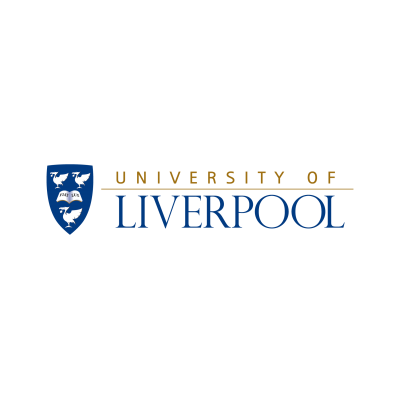University of Liverpool
United Kingdom

The University of Liverpool was established in 1881 and is a member of the elite Russell Group of UK Universities with >27,000 students pursuing over 400 programmes spanning 54 subject areas. The University has been ranked in the top Universities in the world, with 81% of its research ranked world-leading and internationally excellent.
The Institute of Integrative Biology at the University of Liverpool is composed of over 350 people organised in 3 administrative departments and in 4 cross-cutting research themes. It is one of the most vibrant and integrated bioscience structures in the UK with internationally recognised expertise in fields that span the complete range of biological scales from genes and genetic regulation through proteins, post‐translational modification and cellular function to whole organisms, populations and ecosystems.
Role of University of Liverpool in BRESOV
The University of Liverpool leads the Brassica crop group, which involves helping to facilitate project workflow across work packages. The UK will be used as a location for Brassica trials and assessment and the University of Liverpool will focus its phenotyping on abiotic stresses, including salinity and submergence tolerance, and dark induced senescence. The Centre for Genomics Research at the University of Liverpool will be used for next-generation sequencing and marker development.
